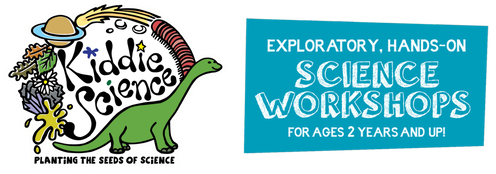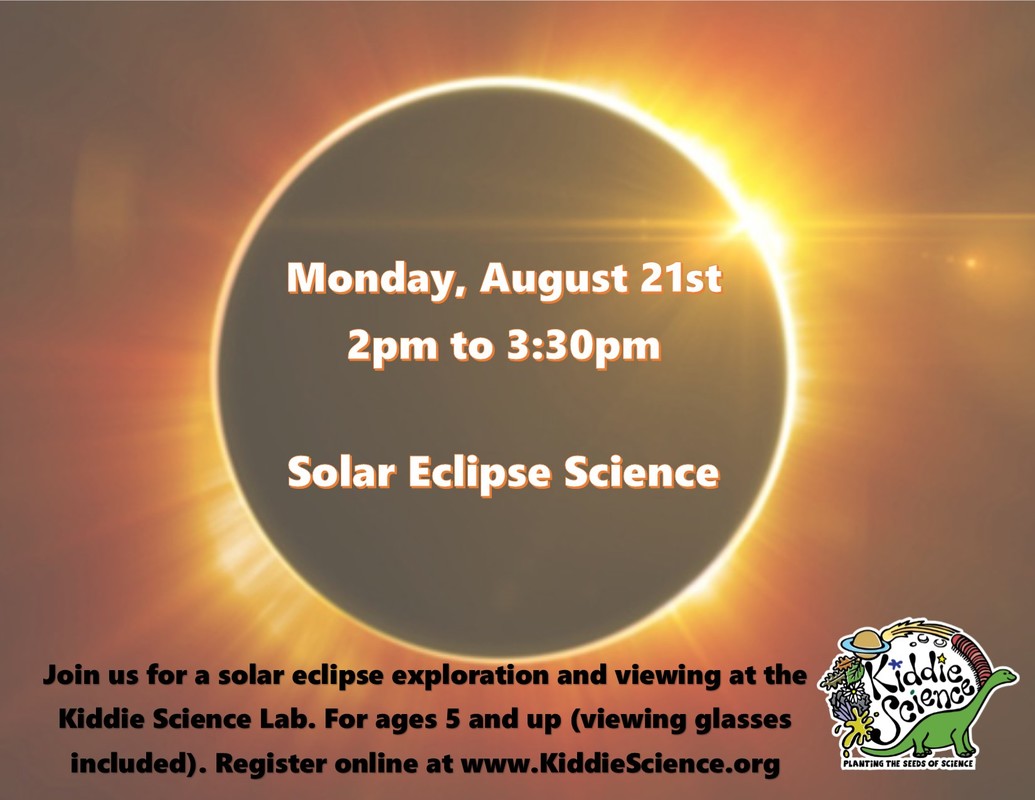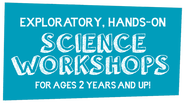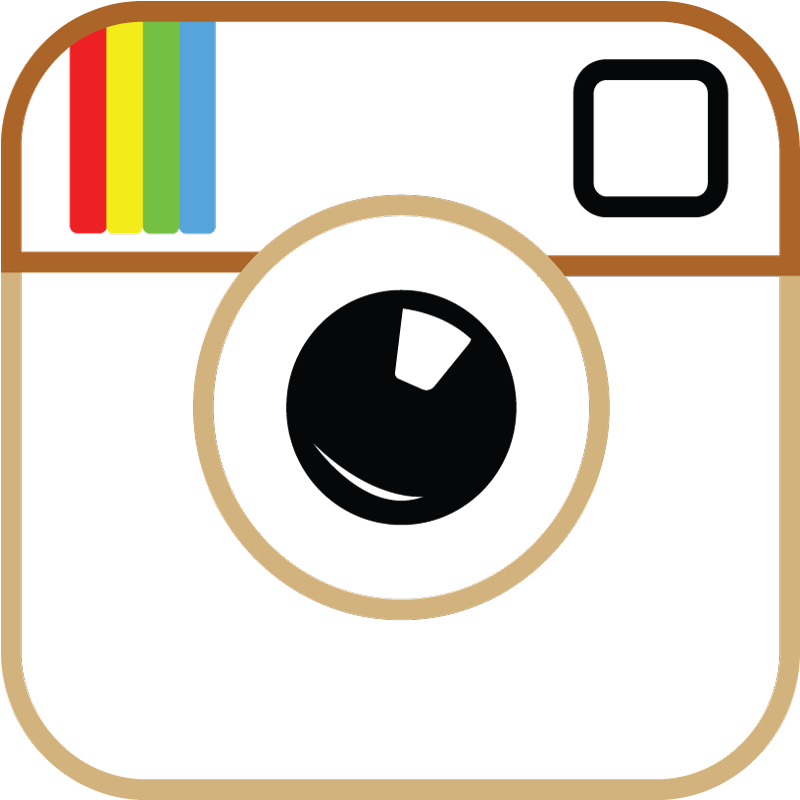Although Brooklyn isn't in the path of a full eclipse, we expect to see about 71% of the sun blocked out by the moon. Here's what you need to know about the solar eclipse:
What's happening?
On August 21st, the moon is going to pass between the sun and the Earth, blocking all or part of the sun for a few hours. Depending on where you live, you may see a full eclipse, where the moon completely covers the disc of the sun. You can learn more HERE.
Why does an eclipse happen?
Based on the periodic alignment of the round bodies involved (sun, moon, Earth) there are scientifically predictable times when they are lined up perfectly to block part of all of the sun. In the case of a lunar eclipse, the Earth blocks the sun, creating a partial or full shadow. You can learn more HERE.
How can I see the solar eclipse?
An eclipse is an exciting time in Earth science, but safety is important. Much like you wouldn't look directly up at the sun on a bright day, it's unsafe to look directly up at the solar eclipse without proper eye wear. Even with solar filters, direct viewing of the solar eclipse is limited to a few minutes at a time. It's important to give your eyes a break when viewing the eclipse and never ever view with regular eyeglasses. You can learn more on viewing the eclipse safely HERE.
What's happening?
On August 21st, the moon is going to pass between the sun and the Earth, blocking all or part of the sun for a few hours. Depending on where you live, you may see a full eclipse, where the moon completely covers the disc of the sun. You can learn more HERE.
Why does an eclipse happen?
Based on the periodic alignment of the round bodies involved (sun, moon, Earth) there are scientifically predictable times when they are lined up perfectly to block part of all of the sun. In the case of a lunar eclipse, the Earth blocks the sun, creating a partial or full shadow. You can learn more HERE.
How can I see the solar eclipse?
An eclipse is an exciting time in Earth science, but safety is important. Much like you wouldn't look directly up at the sun on a bright day, it's unsafe to look directly up at the solar eclipse without proper eye wear. Even with solar filters, direct viewing of the solar eclipse is limited to a few minutes at a time. It's important to give your eyes a break when viewing the eclipse and never ever view with regular eyeglasses. You can learn more on viewing the eclipse safely HERE.




